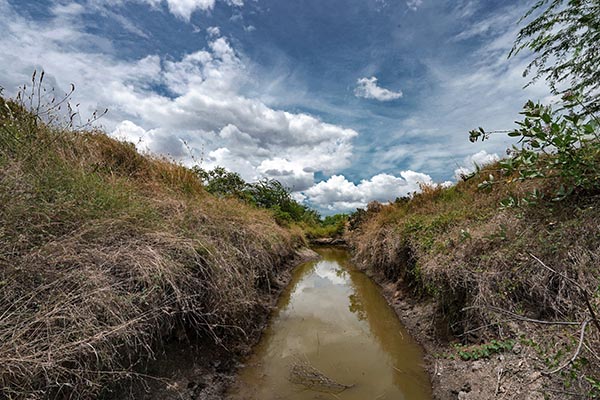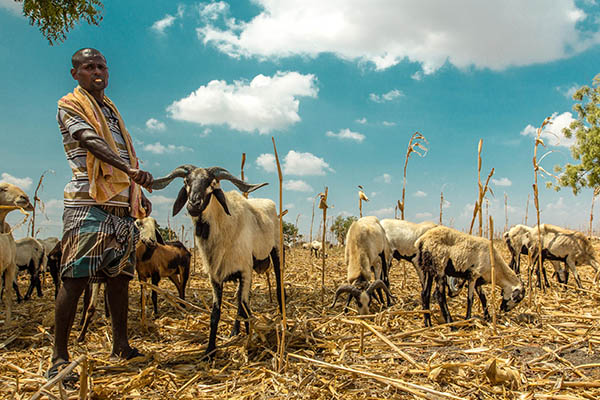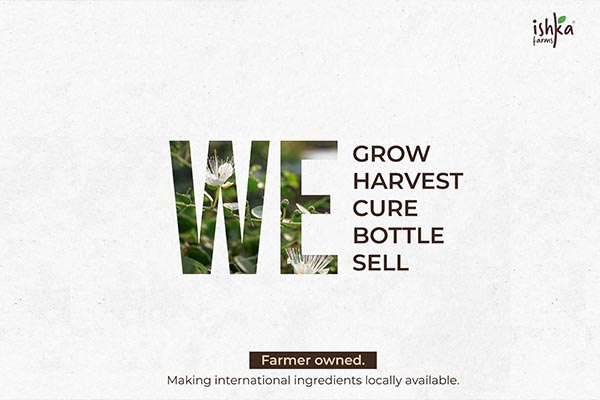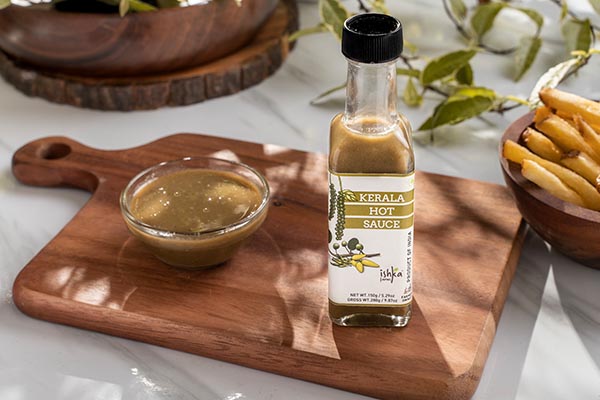Month: September 2022
Seasonality of Condiments
While we developed the condiment line based on the perennial availability of the capers from our farm, a critical factor that we didn’t account for was the availability of all the other fresh ingredients used in the lineup of condiments. All of our understanding of the farming and produce cycle was limited to the area around our farmland and the villagers we work with daily. Supply chain issues of key fresh ingredients like the white Kandhari chilli and the red bell peppers had us stumped, and it has taken us the better part of a year to partner with other landholders to grow our requirements for us.
Developing and stabilizing recipes, finally reaching the market with it and then having some of the items go out of stock with no realistic timelines on when we would be able to get it all back on shelves was a hard lesson learnt. But learn we did, and partnerships and collaborations we had thought we would eventually work on once we were better positioned quickly became a priority!! While the vagaries of the weather will continue to dictate the availability of ingredients, and our timelines will have to accommodate that, we are learning to do better. Working with small landholders is satisfying on so many levels. While it ensures good quality of products for our product line, more importantly, it helps our work to have a more significant social impact than just the community and village we directly farm in. Ensuring livelihood and income in other villages engaged in agricultural activities ticks all the right boxes for us.
Livestock at the farm
It’s often asked and stands to reason that a working organic farm as expansive as ours would be expected to have cows or goats. We, however, do not. Simply put, we do not have water or other resources to ensure nutrition, environmental comfort and good health for farm animals. Water is universally a precious resource and a scant one where we are; add to it that the quality of water available from all sources on our land isn’t conducive for animal welfare.
So, we have focused instead on long-term activities to increase the water table, plant trees that provide green fodder for those in the nearby villages who do have other resources to keep livestock and permit free grazing on our land for the village goats. In turn, we buy the goat droppings from the villagers, thereby adding to the general household income in our community while having continued access to one of the essential nutrients for our fields. It’s a win for all and the makings of a circular economy!!
Farm Visits
We are a first-generation family-owned working farm in a small village in Ettayapuram Taluk, South Tamil Nadu. That means that while it is picturesque, resources and infrastructure are scarce. So our focus has been on setting up the farm for the actual growing of capers while encouraging biodiversity on our land and building the physical infrastructure for its running. From harvest to curing, to processing, to bottling, the final step of packing in cartons happens with the same team on the farm itself.
We do not have the capacity at this point to indulge visitors, day picnics or tourists. Friends passing by the area are also told that they cannot “drop in” to have a look or say hello. Although we would love for the company and be able to show and tell, it distracts from the daily working of the farm much too much. Our vehicles and tractors that ferry labour and material and whose use is scheduled to the optimum at any time must be relocated to transport visitors. At present, we cannot afford that. A responsible person from our staff has to be allocated to chaperone visitors, speak of safety in the field and the factory, and ensure hygiene and food safety standards inside our factory premises.
Hence for these reasons, it is a firm no visitors policy. We have enough traffic of people from various certifying and inspecting agencies and buyer’s representatives, and our resources can scarcely keep up with that !! In the year, we are freeing updates for students from culinary schools to visit, and hopefully, in the coming years, we will be able to accommodate well-wishers and visitors too.
The Kerala Hot Sauce
The focus while developing the Kerala Hot Sauce was not to play up on the extreme heat potential of the chillies we could choose from. Our focal point was to highlight and showcase the flavour complexity of the Ishka Farms Capers, balancing the heat and floral notes of the chillies with the tanginess of our signature Capers.
As with all the condiments in the Ishka Farms range, the Kerala Hot sauce is versatile and takes up multiple roles depending on how you like it. Drip, drizzle, dip, or dunk! Use it as a marinade or add heat to any sauce, dip or salad dressing.
We aimed for a well-rounded experience that, while championing the capers, also ticked off all the expectations one would have from a hot sauce. While our sauce scores only a 2546 SHU on the Scoville scale, the potent combination of the green peppercorns and two varieties of birds eye chilly will make the Kerala Hot Sauce your go-to everyday hot sauce.







